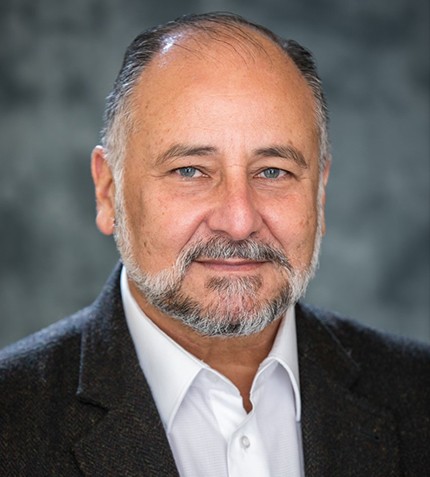
"There has been progress, such as Brazil’s ‘New Gas Market’, which will break the monopoly of Petrobras. Another important project is related to sanitation, with a huge plan underway to deliver sewage treatment to 100 million people, and everything will be conducted by the private sector."
Ciro Marino
CEO, Brazilian Chemical Industry Association (ABIQUIM)
How has the Brazilian chemical industry rebounded in the second half of 2020 and first half of 2021?
After the initial impact of the pandemic in 2020, the main issue when most industries restarted was working capital. Then things improved, and the rebound from August onwards was robust. By the end of 2020, we saw an 11% increase in chemical demand compared to the previous year. However, the main issue when it comes to the Brazilian chemical industry is competitiveness. This was illustrated by domestic chemical production growing by only 2.2%, despite the 11% increase in demand. The balance was thus supplied by imports.
A similar trend has been apparent for the first half of 2021, with a 9% increase in chemical demand and a 3% increase in production year to date (as of July). Imports are winning, and today account for 47% of chemical products in the country. For instance, Brazil’s agroindustry is very strong, but imports 90% of its fertilizers, so there is room for improvement.
You have previously mentioned that the world needs to rethink its supply chain strategies by moving production back from the east to the west. How could governments could incentivize this?
I do not think this has been fully understood by the Brazilian authorities. Political issues, Covid-19, and difficulties faced by the Ministry of the Economy, which relies on Congress to pass legislation, mean that change is taking much more time than originally planned. The chemical sector should be perceived as part of the country’s infrastructure, as it is the third biggest sector from a GDP perspective. We have abundant natural resources such as oil and gas which are transformed by the chemical sector into products for other industries, so the development of Brazil’s chemical sector would benefit the country on a large scale.
There has been progress, such as the new regulations for natural gas – the ‘New Gas Market’ – which will break the monopoly of Petrobras. Another important project is related to sanitation, with a huge plan underway to deliver sewage treatment to another 100 million people, and everything will be conducted by the private sector.
The new natural gas law, Brazil’s ‘New Gas Market’, was signed in April this year. What has been the initial reception of this law, and what will it mean for the country moving forward?
It has been very well received, but the real benefits will be felt in two or three years, after investments have been made and the logistics of a new distribution network have been implemented. The opening up of this market has the potential to rebuild production chains, if other reforms are also made. Priorities should be tax-reform, reducing the size of the State, simplifying the legislation system in the country, and decreasing electricity costs. Brazilians pay 400% more for electricity than people in the US, and 300% more for natural gas. These prices impact our competitiveness, and must change.
Can you gives examples of the recent sustainability themes ABIQUIM has been discussing?
Yesterday we had a meeting with the Ministry of the Environment (MMA) to discuss a variety of themes, including carbon pricing (which is different to carbon taxation – a punitive measure), and the protection of forests to control greenhouse gases. The global market will discipline Brazil in this regard, independent of what our government does, considering the link between deforestation in the Amazon and carbon dioxide emissions.
What are the main factors you think make Brazil an attractive destination for long-term investment?
Notable changes have been made, such as the recent gas market legislation, or are expected to be made, such as tax reform. While it may take a few years to see the real fruit of these changes, they are important steps in the right direction for a country with enormous potential, that already represents a third of all chemical demand in Latin America.
Brazil has plenty of natural resources, from oil and gas to soya and minerals, which could benefit from foreign investment and have room for growth. Infrastructure investment would also add value, such as the modernization and expansion of ports, as is happening now with the new Santos Port Authority (SPA). Furthermore, areas such as agrochemicals, fertilizers and water treatment all offer tremendous opportunities in the years ahead, as long as the correct reforms are made to stimulate private investment.










